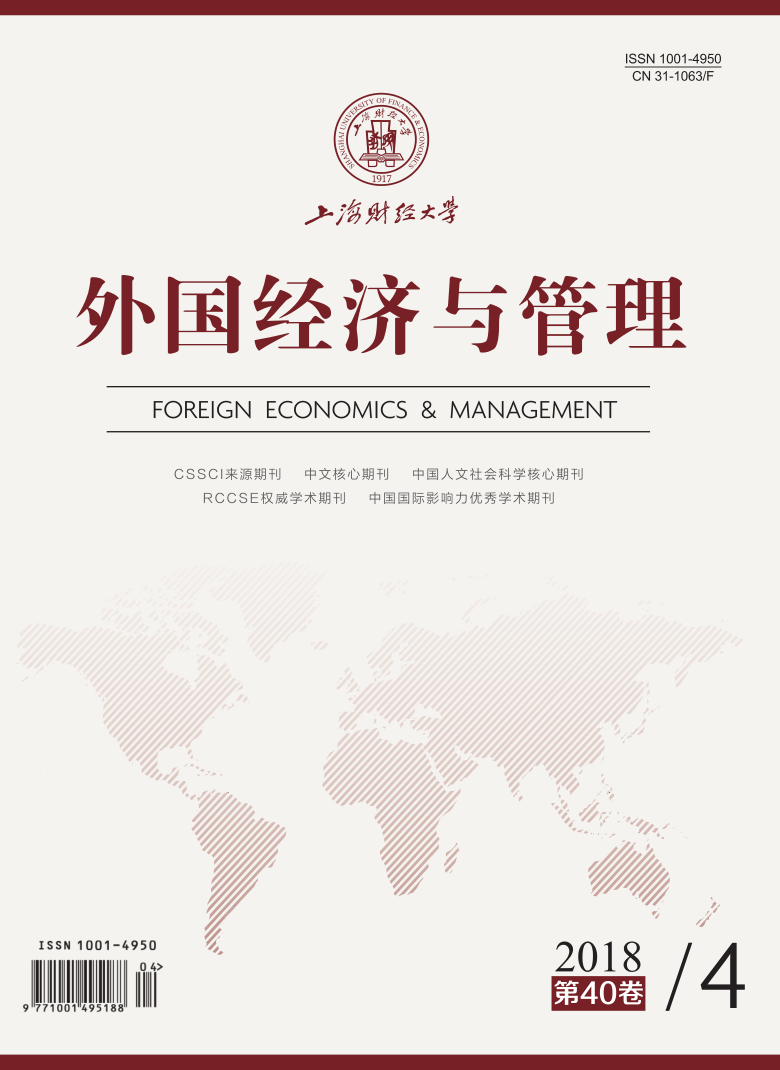The concept of counterfactual thinking, which is derived from economics, describes how individuals deconstruct past judgment and decision-making. Baron (1998) introduced this concept into entrepreneurship research, offering a new perspective for analyzing the cognitive process of entrepreneurs. Counterfactual thinking is the imagination, reflection and re-construction of the events that have occurred in the past, with a purpose of preparing for future actions and events. Entrepreneurial failure presents a situation that there is a deviation from expectations or the original goals, which is more likely to activate counterfactual thinking. Counterfactual thinking is affected by a variety of factors, such as the event itself and characterizes of individuals. This paper focuses on the questions: how do different characteristics of entrepreneurs and entrepreneurial failure induce different types of counterfactual thinking? what are the cognitive and emotional consequences of different types of counterfactual thinking? This paper firstly reviews the research on counterfactual thinking in the field of psychology and entrepreneurship. Further we analyze the relationship among counterfactual thinking, entrepreneurs and entrepreneurial failure, and discuss the effect mechanism of counterfactual thinking on recovery and learning from failure. In terms of the characteristics of entrepreneurs, we mainly discuss the influences of entrepreneurs’ regulatory focus, construal level and attribution style on counterfactual thinking. To be more specific, we argue that entrepreneurs’ promotion focus induces upward counterfactual thinking while prevention focus induces downward counterfactual thinking; entrepreneurs’ high level of construction induces upward counterfactual thinking while low level of construction induces downward counterfactual thinking; entrepreneurs’ internal attribution induces upward counterfactual thinking while external attribution induces downward counterfactual thinking. In terms of failure event, we mainly discuss how failure costs, time since failure, and the possibility of reproducing failure information influence counterfactual thinking. We argue that shorter failure time, lower costs of failure, and lower possibility of reproducing failure information are more likely to induce downward counterfactual thinking. In the following sections, this paper explores how counterfactual thinking influences recovery and learning from entrepreneurial failure. After failure, entrepreneurs are more likely to engage in downward comparison, using downward counterfactual thinking to reduce grief, shame, depression, anger, anxiety, despair, anger, guilt and other negative emotions, and producing more positive emotions in order to maintain their self-esteem, self-confidence and self-efficacy. Involving in downward counterfactual thinking helps to alleviate negative emotions, but may not facilitate information acquisition and processing after failure. Thus, downward counterfactual thinking may prevent entrepreneurs from learning from failure. In contrast, by upward counterfactual thinking, entrepreneurs can revise the invalid beliefs and update the existing cognitive system through comparing the alternatives. Therefore, upward counterfactual thinking after failure helps entrepreneurs to learn from failure. Finally, this paper puts forward theoretical framework and future research directions. Future research should consider the impacts of other factors on counterfactual thinking, like personality. In addition, future research can also divide counterfactual thinking into different types based on psychological research and develop the scale with high reliability and validity, which will support related empirical research. This paper analyzes cognitive and thinking model of entrepreneurs after entrepreneurial failure, so as to understand the mechanism of recovery and learning from failure, also to train skills and strategies of learning from failure for entrepreneurs. Therefore it has important practical significance and value for entrepreneurs and the society in the era of mass entrepreneurship and innovation.
 / Journals / Foreign Economics & Management
/ Journals / Foreign Economics & ManagementForeign Economics & Management
JIN Yuying, Editor-in-Chief
ZhengChunrong, Vice Executive Editor-in-Chief
YinHuifang HeXiaogang LiuJianguo, Vice Editor-in-Chief
A Theoretical Framework for Counterfactual Thinking in the Context of Entrepreneurial Failure
Foreign Economics & Management Vol. 40, Issue 04, pp. 3 - 15 (2018) DOI:10.16538/j.cnki.fem.2018.04.001
Summary
References
Summary
Cite this article
Hao Xiling, Zhang Yuli, Liu Yiran, et al. A Theoretical Framework for Counterfactual Thinking in the Context of Entrepreneurial Failure[J]. Foreign Economics & Management, 2018, 40(4): 3-15.
Export Citations as:
For
ISSUE COVER
RELATED ARTICLES




 , 3
, 3 10939
10939  12596
12596

